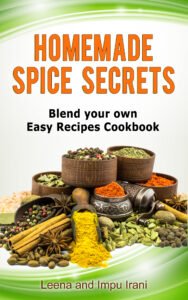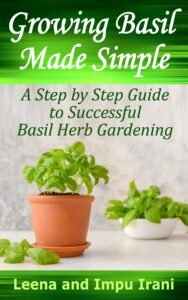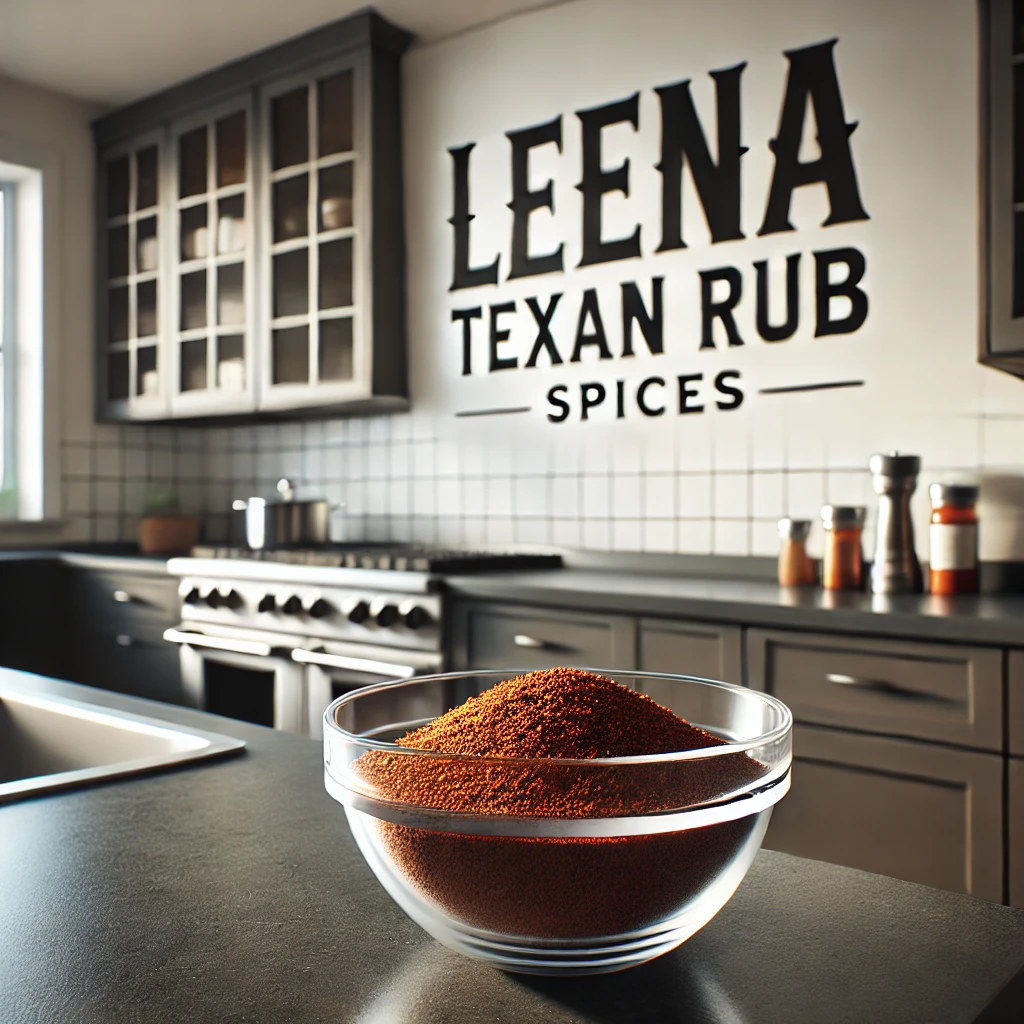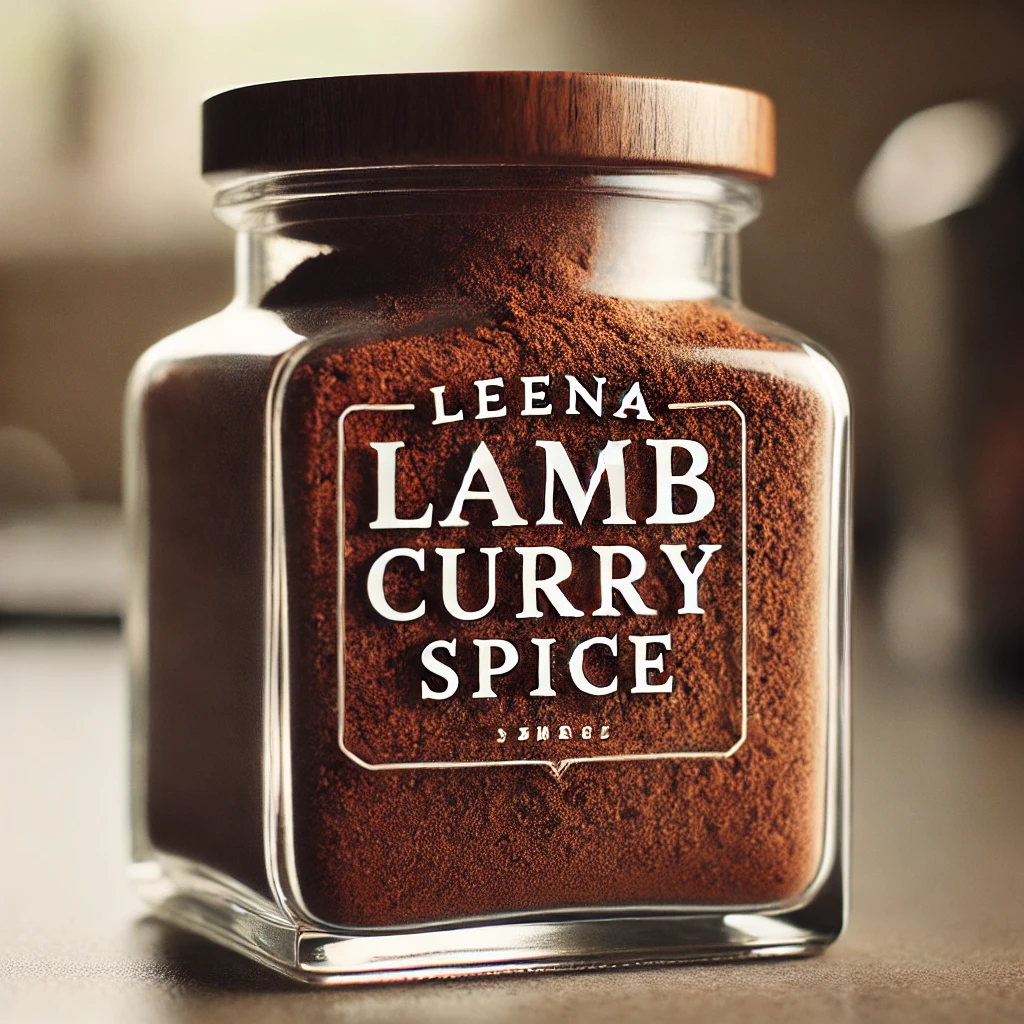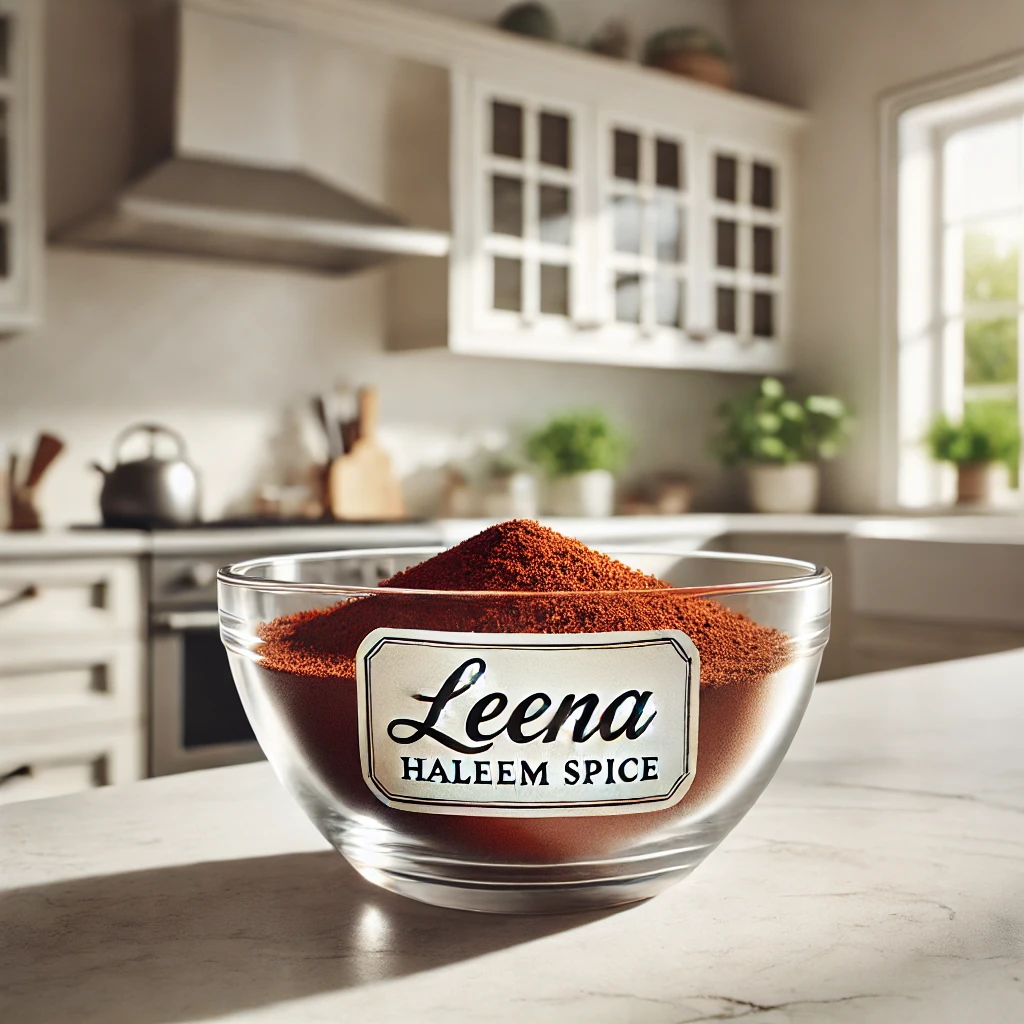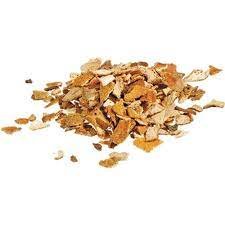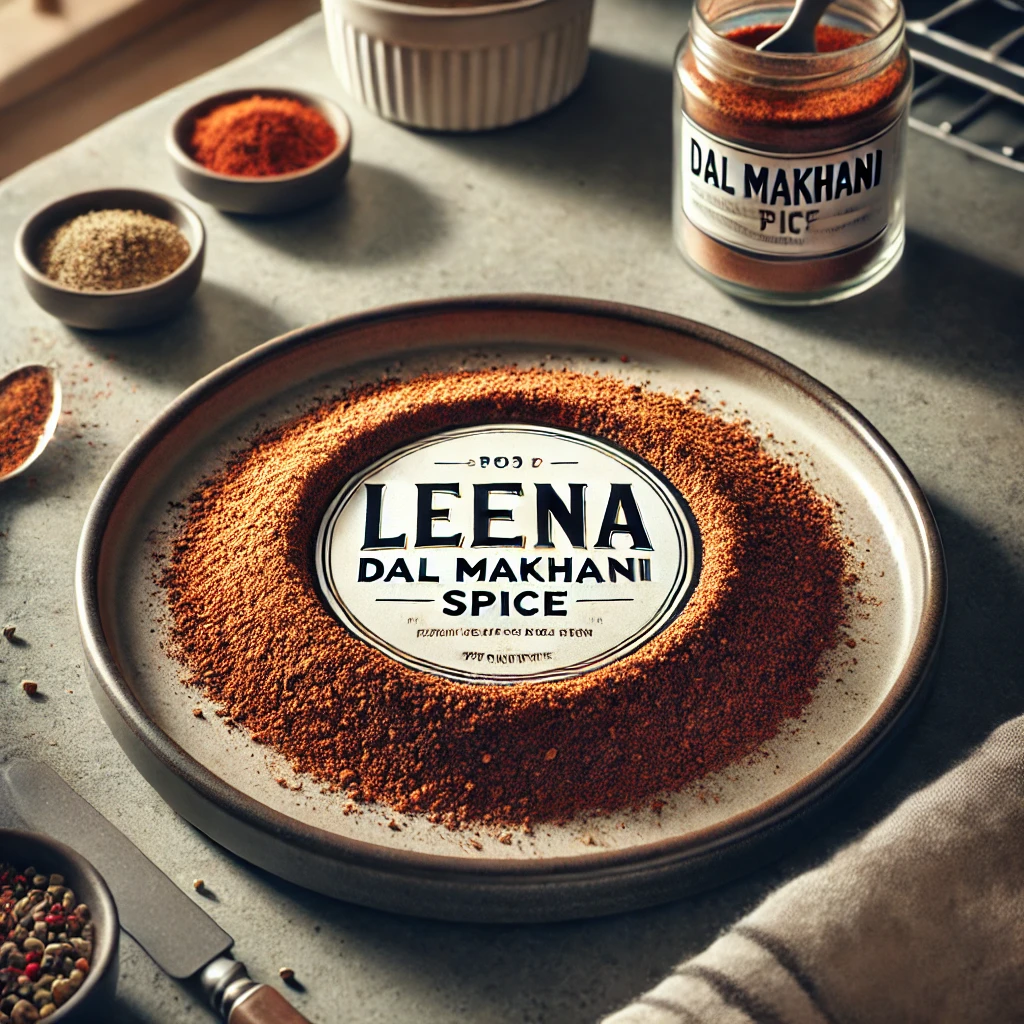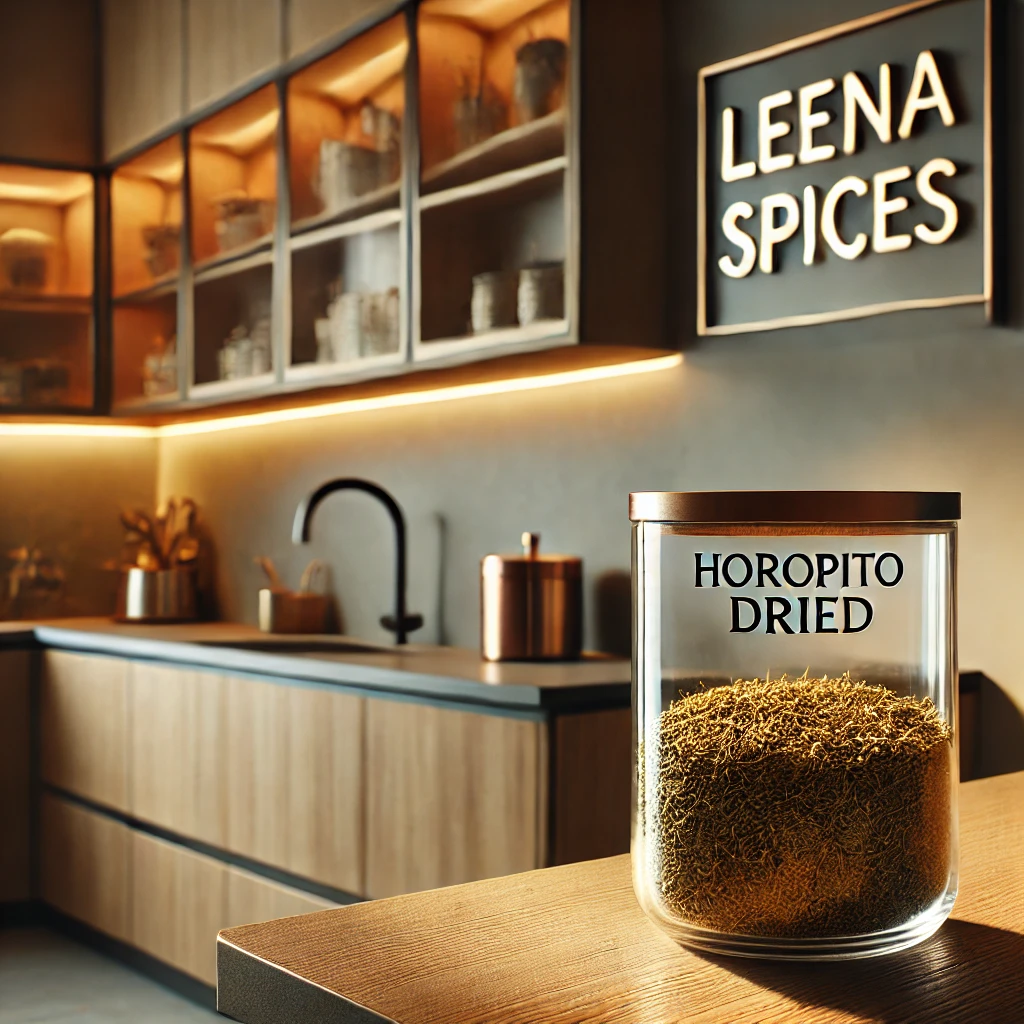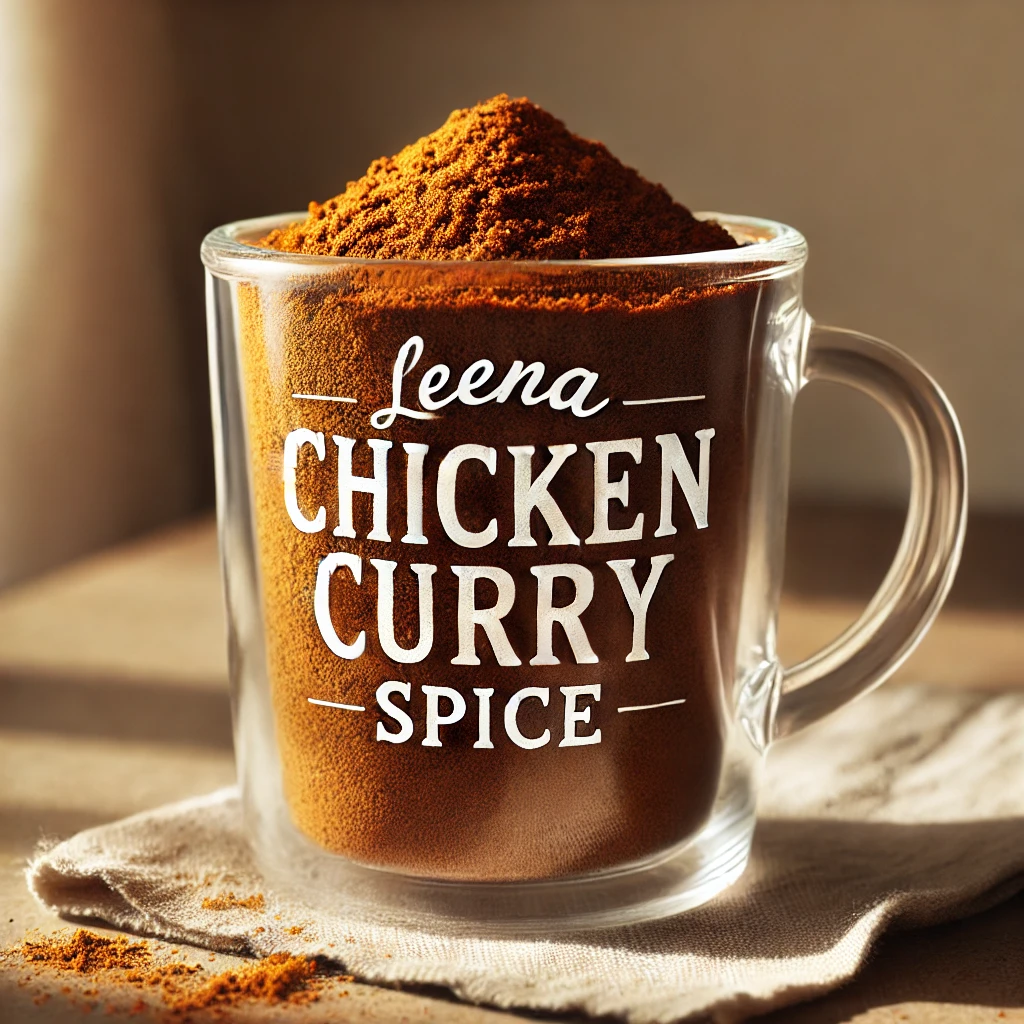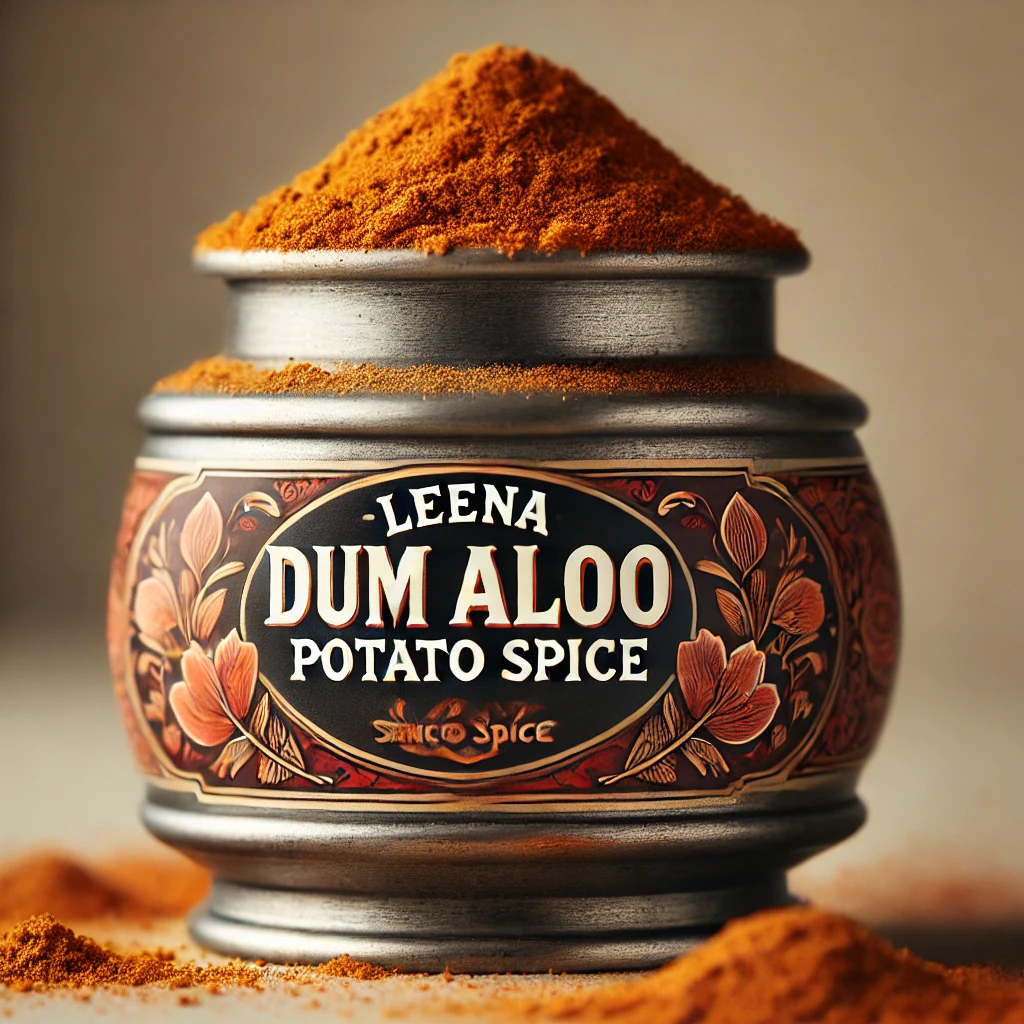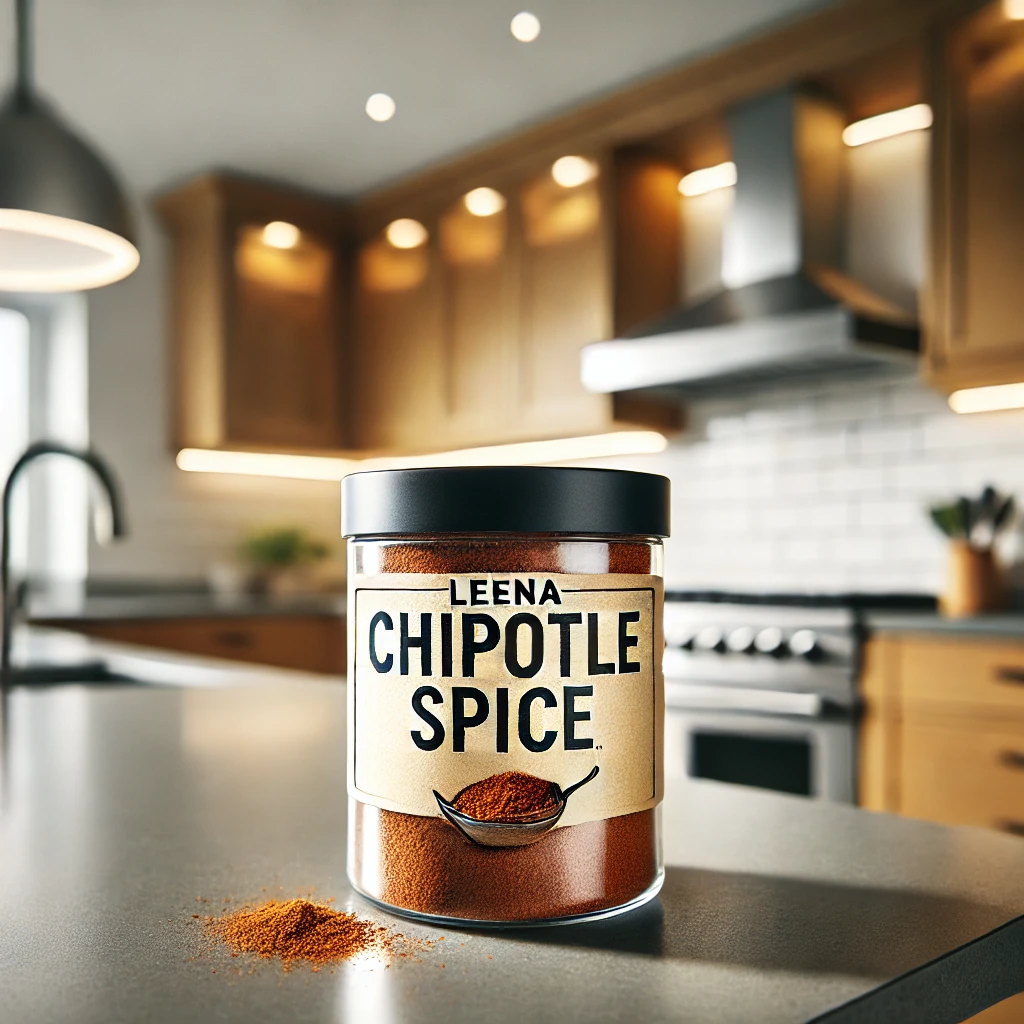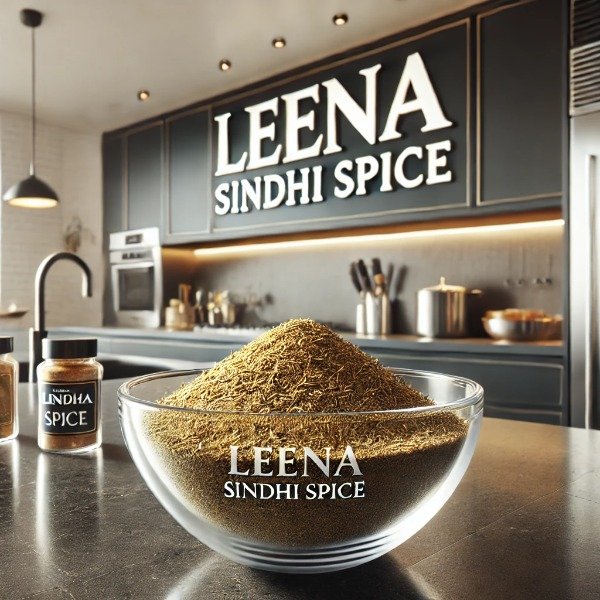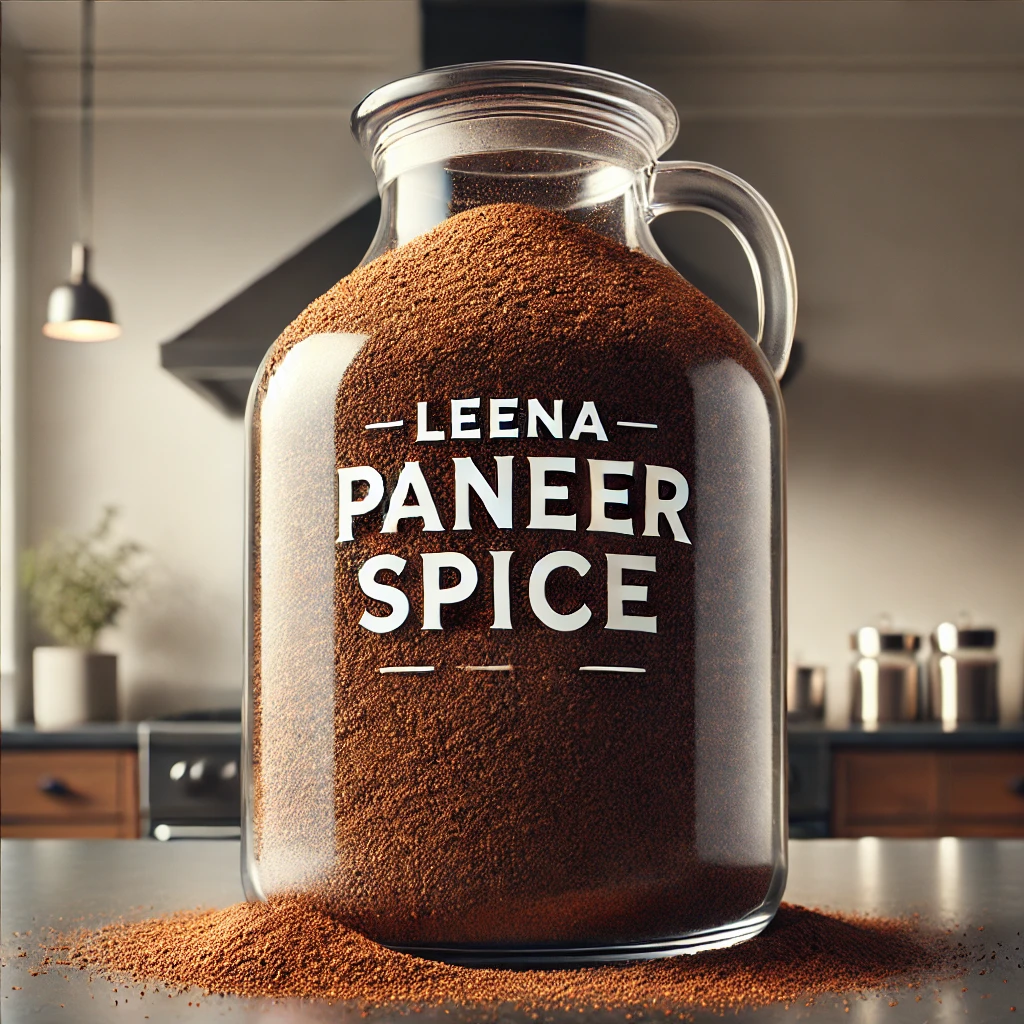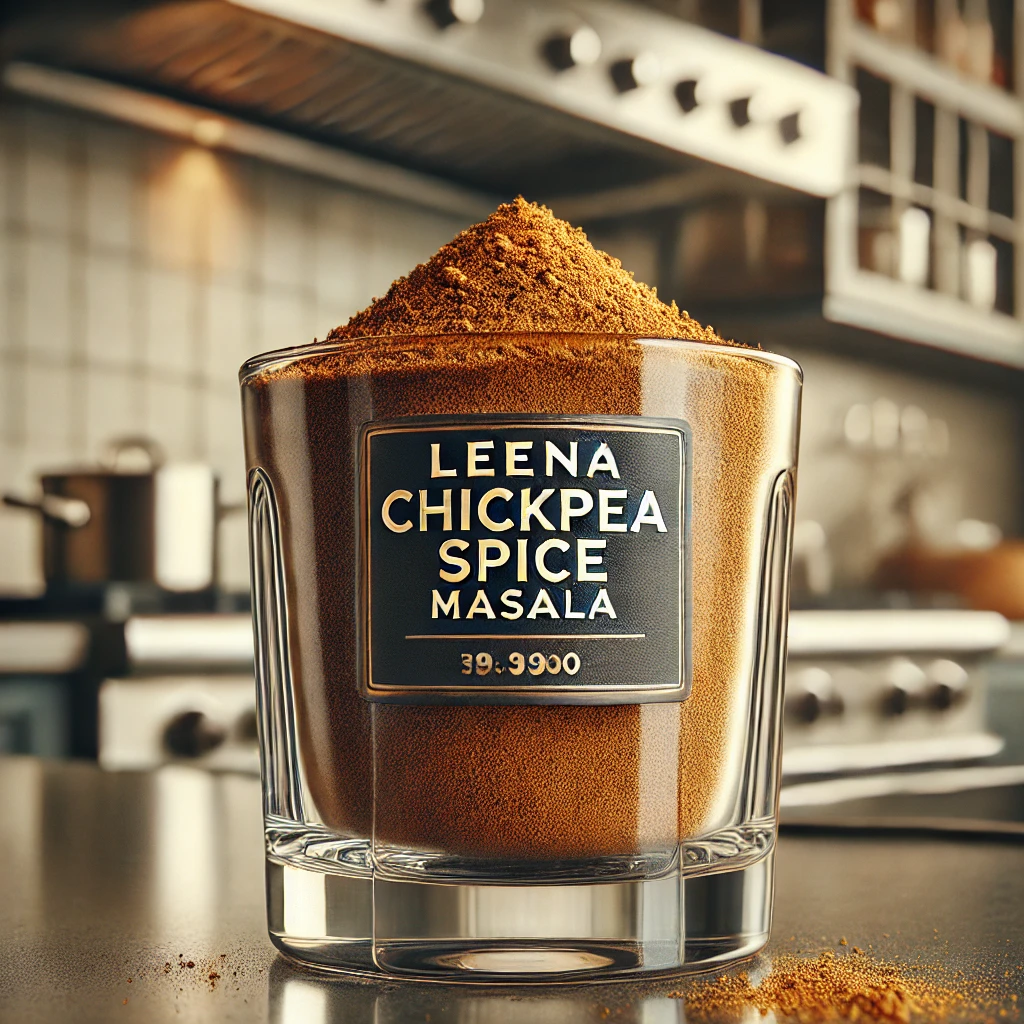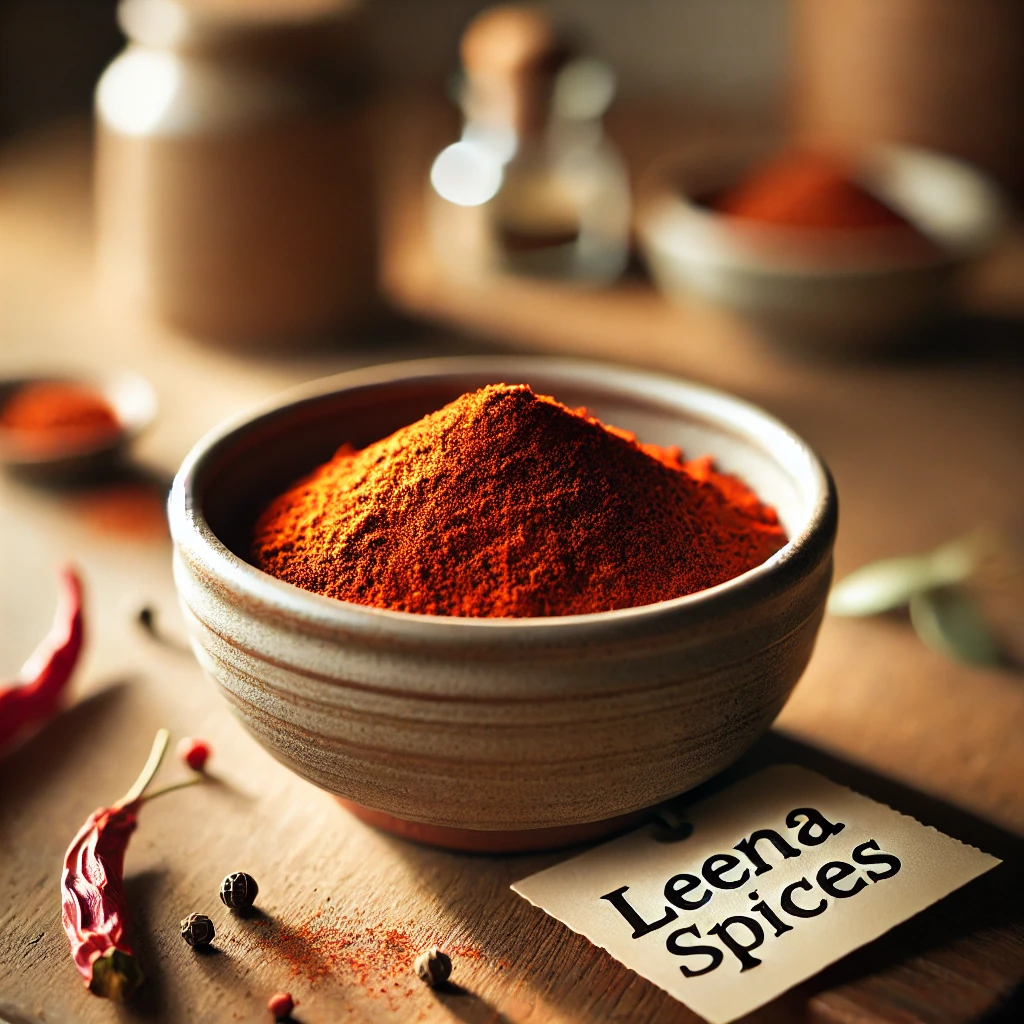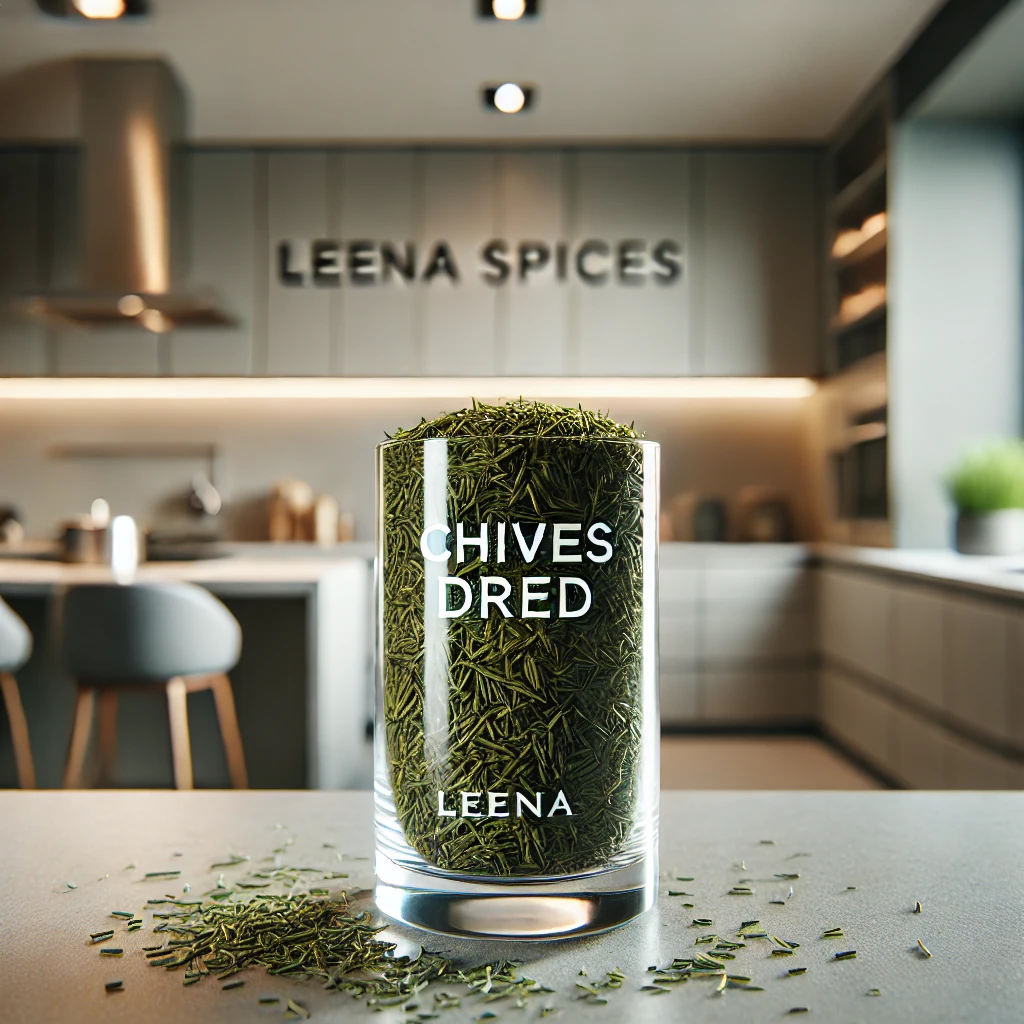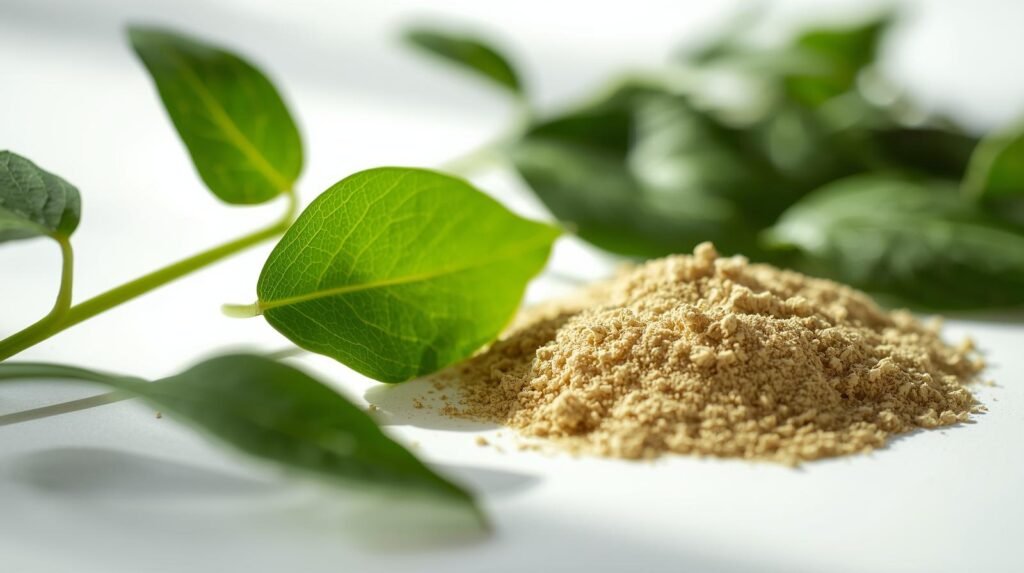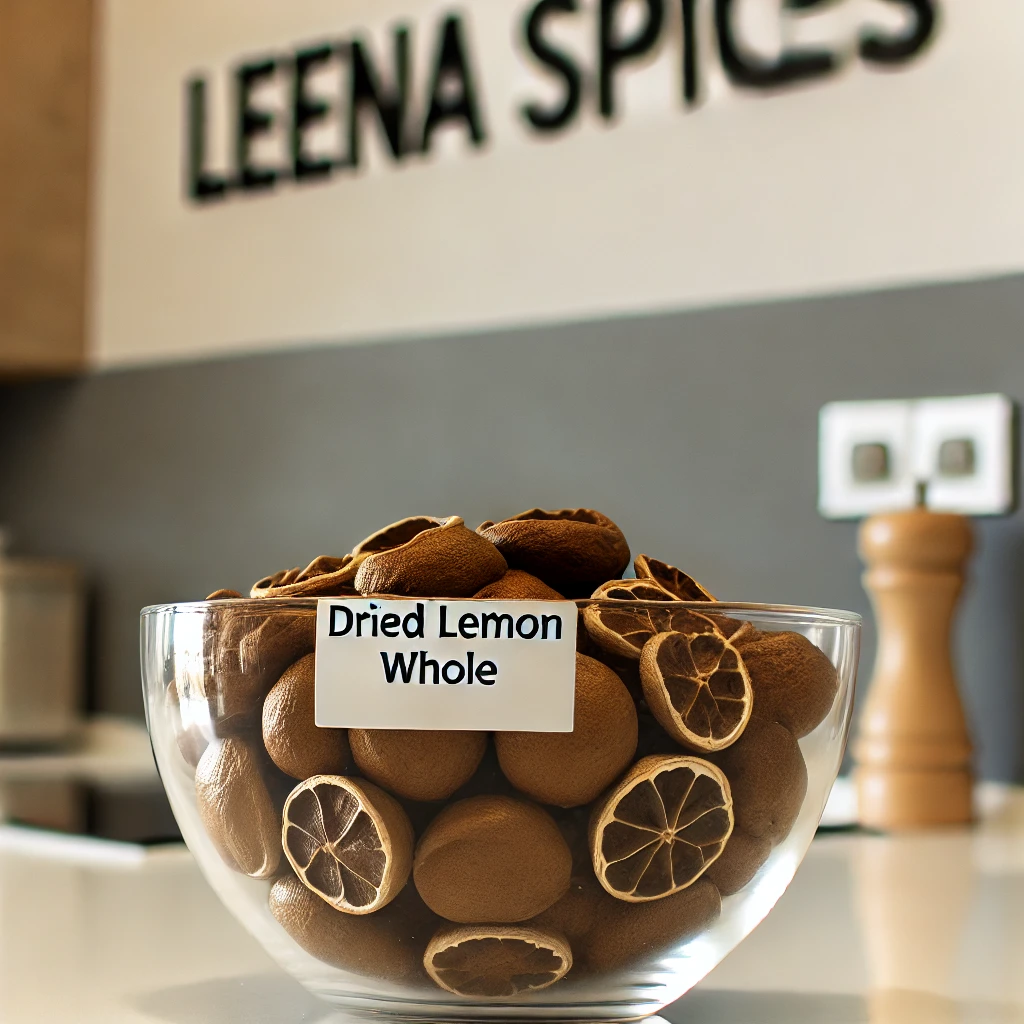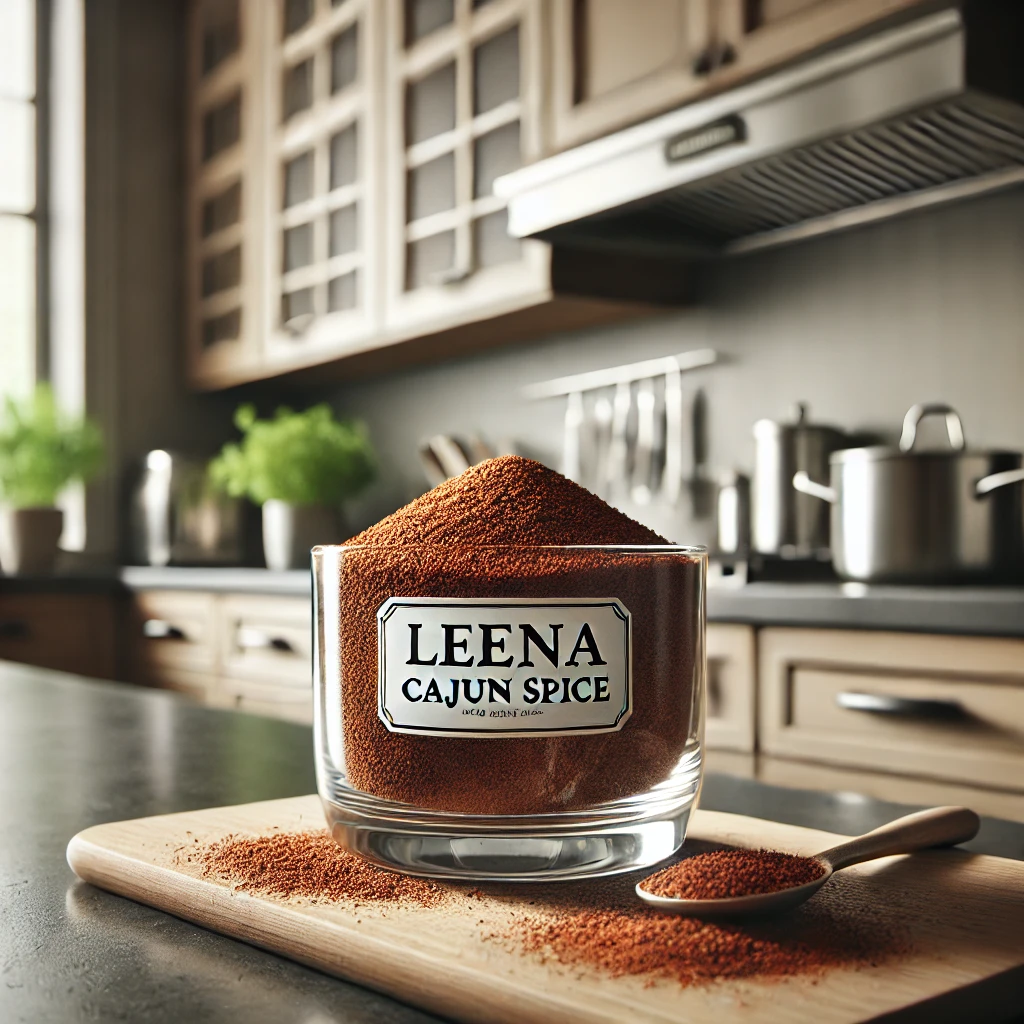Speed Cooking with Herbs and Spices: Unlock Flavor and Save Time
Table of Contents
- Introduction
- How can I use herbs and spices to speed up my cooking
- Which herbs and spices are best for speed cooking
- Practical tips for using herbs and spices
- Cooking techniques
- Quick flavorful recipes
- Bonus hacks and tools
- FAQs
- Conclusion
Understanding Speed Cooking and Flavor Boosters
Introduction
Speed cooking focuses on techniques that reduce overall cooking time while still producing satisfying, flavorful meals. Herbs and spices are essential in this process, as they can amplify flavor early in cooking, making dishes taste fully developed even without long simmering.
Certain spices release their essential oils quickly when toasted or heated, accelerating flavor infusion. The choice between fresh and dried herbs also impacts timing: dried herbs often impart flavor faster, making them ideal for quick-cook recipes, while fresh herbs are best added at the end to provide a vibrant, fresh burst of aroma and taste.
By understanding how herbs and spices behave, you can strategically layer flavors, cut cooking time, and still create meals with depth and complexity.
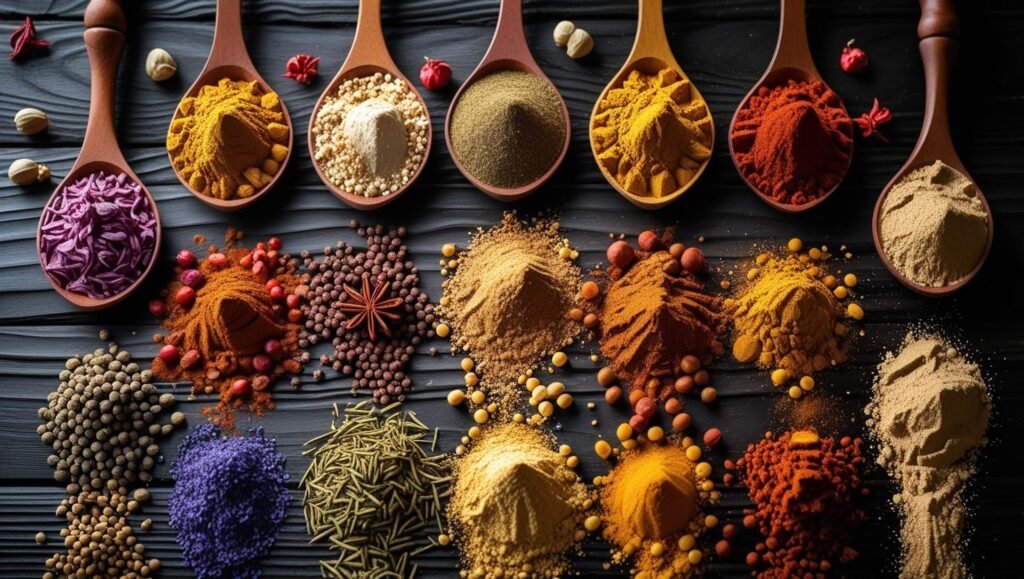
• How can I use herbs and spices to speed up my cooking?
How to Use Herbs and Spices to Cook Faster
Herbs and spices are concentrated sources of flavor that can replicate the effect of long, slow cooking in a fraction of the time. When used strategically, they cut down preparation steps and accelerate flavor development, allowing you to cook faster without sacrificing taste.
1. Prep Once, Use All Week
- Ready-to-use blends eliminate the daily task of measuring multiple spices and streamline weeknight cooking. Instead of measuring out individual spices every night, take 15 minutes on the weekend to create your own custom spice blends.
2. Use the Blooming Technique
2. Blooming spices in hot oil or butter for 30–60 seconds before adding other ingredients is one of the fastest ways to build flavor. The heat releases essential oils, intensifying aroma and taste almost instantly. For example, blooming cumin and coriander can give a stir-fry or lentil soup a slow-simmered depth in minutes.
3. Apply Strategic Timing
- Add Early: Hardy dried herbs such as oregano, rosemary, and thyme should be added at the start of cooking. They need time to soften and release their full flavor.
- Add Late: Fresh, delicate herbs such as basil, parsley, and cilantro are best added at the end. Their bright, fresh notes enhance a dish instantly and prevent bitterness caused by overcooking.
4. Make Spice-Infused Oils
Infuse oil with garlic, chili flakes, rosemary, or other strong aromatics, then keep it on hand. Drizzling this flavored oil over roasted vegetables, grilled meat, or pasta adds an instant layer of complexity without extra cooking steps.
By combining these techniques, herbs and spices take on the work of long cooking processes, letting you prepare meals that are fast, flavorful, and deeply satisfying.
Which herbs and spices are best for "speed cooking" or quick-prep meals?
Best Herbs and Spices for Speed Cooking
Certain herbs and spices are especially effective for quick-prep meals because they release flavor rapidly and don’t require long cooking times. These options work well in fast techniques such as stir-frying, pressure cooking, or quick roasting:
Here are the essential spices for a fast kitchen cooking:
• Garlic Powder & Onion Powder:
- These are the ultimate time-savers. While fresh garlic and onions require chopping and sautéing, the powdered versions deliver a concentrated, savory flavor instantly. They are the base for countless quick rubs, marinades, and sauces.
• Smoked Paprika:
- It adds a smoky, deep warmth to any dish without a single second of grilling or roasting. It is perfect for adding instant complexity to roasted vegetables, chicken, or even eggs.
• Cumin:
- A warm, earthy spice that is the foundation of many cuisines, from Mexican to Indian and Middle Eastern. It gives a savory, roasted quality to dishes very quickly, making it indispensable for tacos, chili, and simple meat or bean dishes.
• Chili Powder:
- Provides immediate heat and brightness, boosting flavor perception quickly. It is a pre-made flavor profile that instantly seasons ground meat for tacos or elevates a simple chicken breast.
• Basil and Coriander (Cilantro):
- Fresh herbs best added at the end to deliver vibrant, clean flavor without extra cooking.
• Dried Oregano & Thyme:
- These are your go-to dried herbs. They are robust and hold their flavor well under heat, making them perfect to add at the beginning of a quick sauté or in a marinade. Their earthy, slightly floral notes are a staple in Mediterranean and Italian cooking.
• Red Pepper Flakes / Cayenne Pepper:
- You only need a pinch of these to add a fiery kick that wakes up all the other flavors in a dish. A simple sprinkle over pasta, pizza, or a stir-fry can transform it in seconds.
• Bay Leaves:
- Even in short cooking times, they lend subtle background flavor and depth.
• Black Cardamom:
- Contributes a smoky, complex aroma that enhances dishes rapidly
• Rosemary:
- Robust herb that infuse strong, savory notes even in quick sautés or roasts.
Using these herbs and spices ensures bold, well-rounded taste in meals that are prepared quickly, allowing you to maximize flavor without extending time in the kitchen.
Practical Tips for Using Herbs and Spices to Save Time
- Add Spices Early: Introduce spices at the start of cooking, especially toasted ones, to quickly release their essential oils and build a strong flavor base.
- Use Pre-Mixed Blends: Ready-made spice mixes save measuring time and combine complementary flavors for instant seasoning.
- Prepare Spices for Maximum Impact: Finely chop fresh herbs or crush dried spices before use to release aroma and flavor more efficiently.
- Incorporate Into Marinades: Adding herbs and spices to marinades tenderizes proteins while infusing them with flavor, reducing cooking time and enhancing taste.
Cooking Techniques That Work Best with Herbs and Spices for Speed
Certain cooking methods naturally complement herbs and spices, allowing you to maximize flavor in less time:
- Pressure Cooking: Bold spices like cumin and cardamom infuse flavors quickly while tenderizing proteins and vegetables in a fraction of the usual time.
- Stir-Frying: Aromatic herbs such as rosemary or fresh coriander brighten dishes almost instantly, making stir-fries flavorful and fast.
- One-Pot Meals: Using fast-infusing herbs and spices in soups, stews, or grain-based dishes saves both prep and cleanup, ideal for busy schedules.
- Quick Marinades: Combining garlic, ginger, and chili powder in a short marinade tenderizes meat and boosts taste, cutting down overall cooking time.
By pairing the right technique with suitable herbs and spices, you can prepare meals that are both fast and full of depth.
Quick, Flavorful Recipes Featuring Speed-Boosting Herbs and Spices
- Spicy Garlic and Herb Stir-Fry: Garlic, chili powder, and fresh thyme elevate vegetables or proteins, creating a fast, flavor-packed meal.
- Rosemary Lemon Chicken: A quick roast with rosemary and garlic produces juicy, aromatic chicken in minimal time.
- Cumin-Spiced Lentil Soup: Cumin and black cardamom infuse this protein-rich soup with depth, especially effective in pressure-cooked versions.
- Basil and Coriander Salad Dressing: Fresh herbs whisked into a simple dressing instantly brighten salads or grain bowls, adding vibrant flavor with no extra cooking.
These recipes demonstrate how the right herbs and spices can transform quick meals into dishes that taste rich and layered.
Bonus Hacks and Tools to Speed Up Herb and Spice Use
- Proper Storage: Keep dried herbs and spices tightly sealed and away from heat and light to maintain freshness and potency.
- Quick Prep Tools: Use sharp knives or herb scissors for fast chopping, or opt for pre-minced garlic and ginger to save time.
- Dried vs. Fresh: Use dried herbs for rapid flavor release and fresh herbs at the end for bright, vibrant notes.
- Time-Saving Accessories: Measuring spoons and spice grinders help speed preparation and ensure consistent flavor in every dish.
Frequently Asked Questions (FAQs)
What is “blooming” spices, and why is it important?
Blooming involves briefly sautéing spices in hot oil or fat. This releases their essential oils, intensifies aroma, and distributes flavor evenly throughout the dish. It accelerates flavor development, so meals taste fully cooked in minutes.
Which herbs and spices are best for speed cooking?
Essential options include garlic powder, onion powder, cumin, chili powder, smoked paprika, dried oregano, thyme, red pepper flakes, basil, and coriander. These ingredients deliver maximum flavor with minimal preparation time.
What cooking techniques work best with herbs and spices for fast meals?
- Pressure cooking for rapid flavor infusion and tenderization.
- Stir-frying to add fresh or aromatic herbs quickly.
- One-pot meals to combine fast-infusing spices with minimal prep and cleanup.
- Quick marinades to season proteins before cooking.
Conclusion
Herbs and spices are powerful allies for anyone looking to cook faster without compromising on flavor. By understanding how to use them strategically through blooming, pre-mixed blends, quick marinades, and proper timing, you can dramatically reduce cooking time while creating meals that taste rich, layered, and satisfying.
Pairing these ingredients with speed-friendly techniques such as stir-frying, pressure cooking, or one-pot meals further amplifies efficiency, while practical tools and storage hacks make prep simpler and more consistent. Even a few well-chosen herbs and spices can transform everyday dishes, turning quick weeknight meals into flavorful, memorable experiences.
